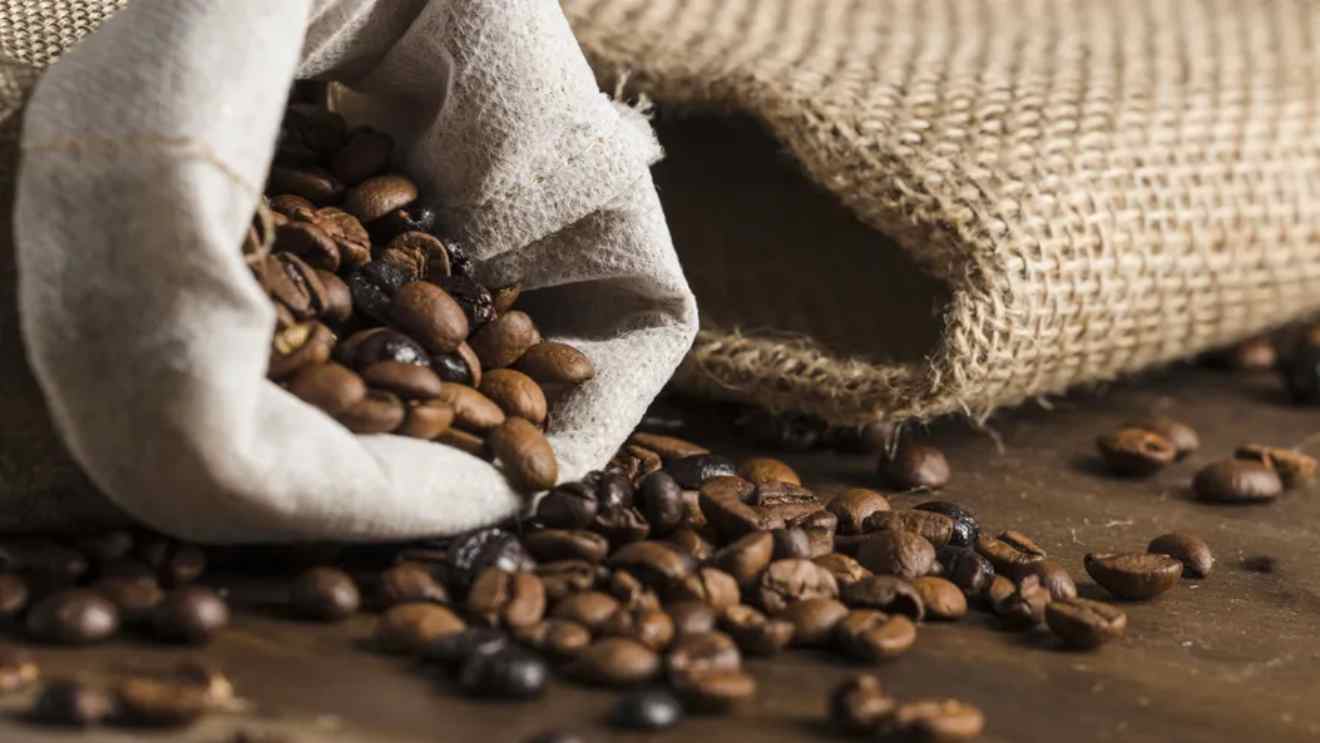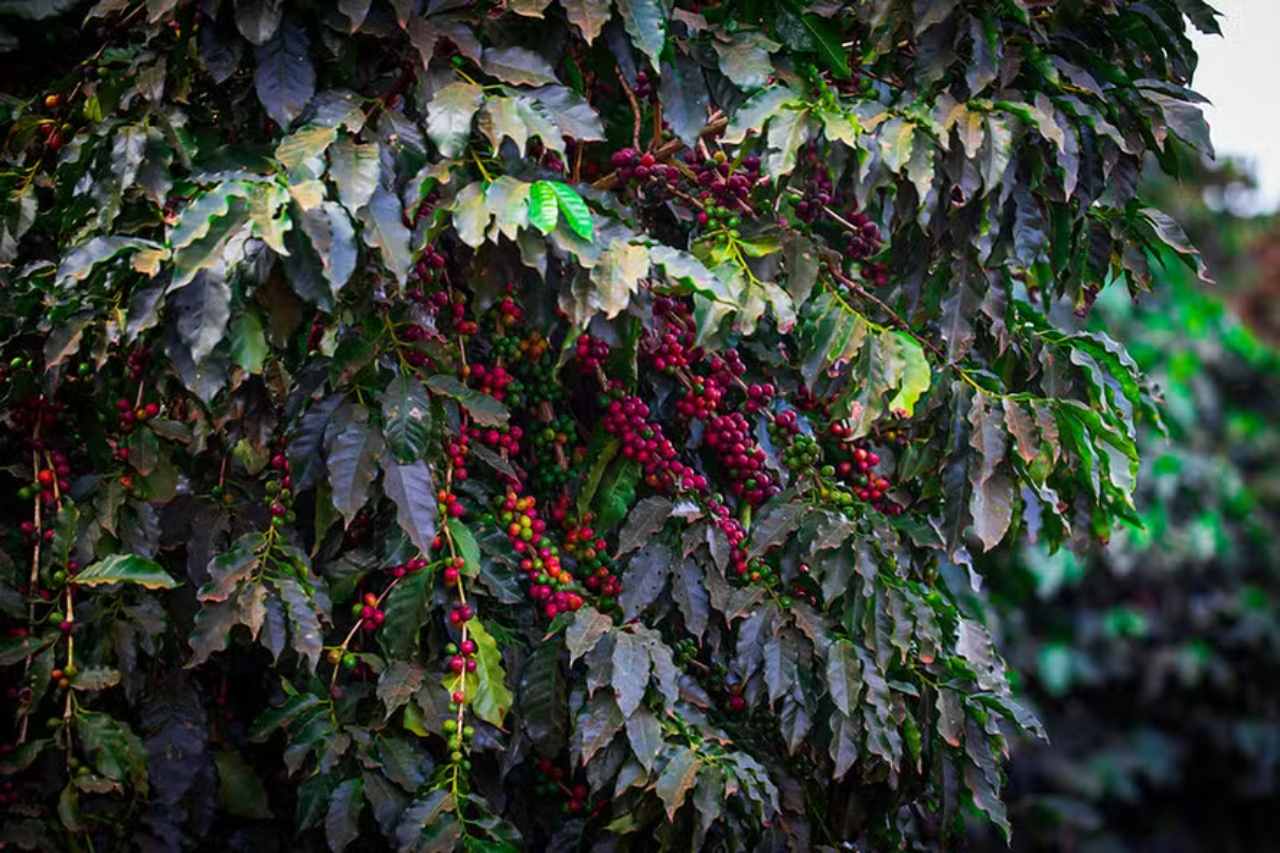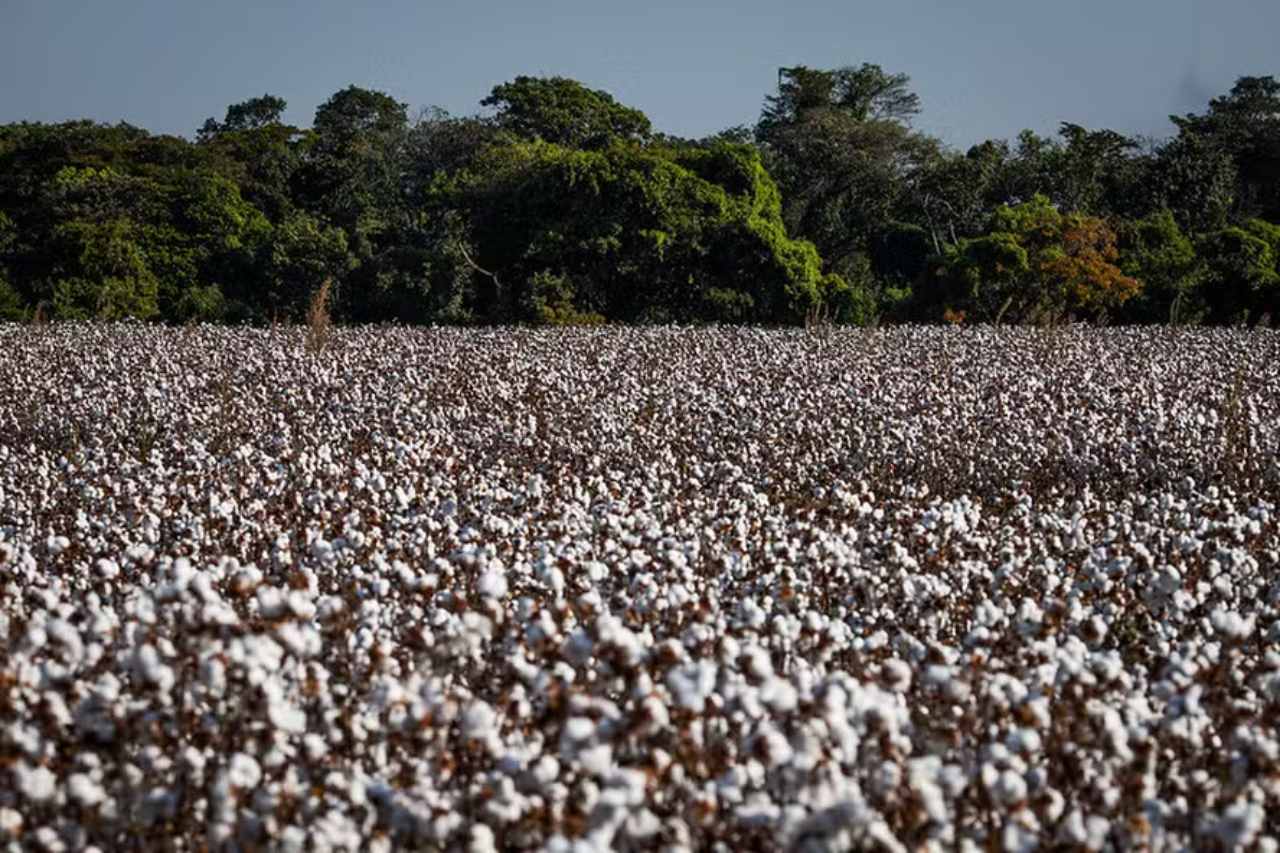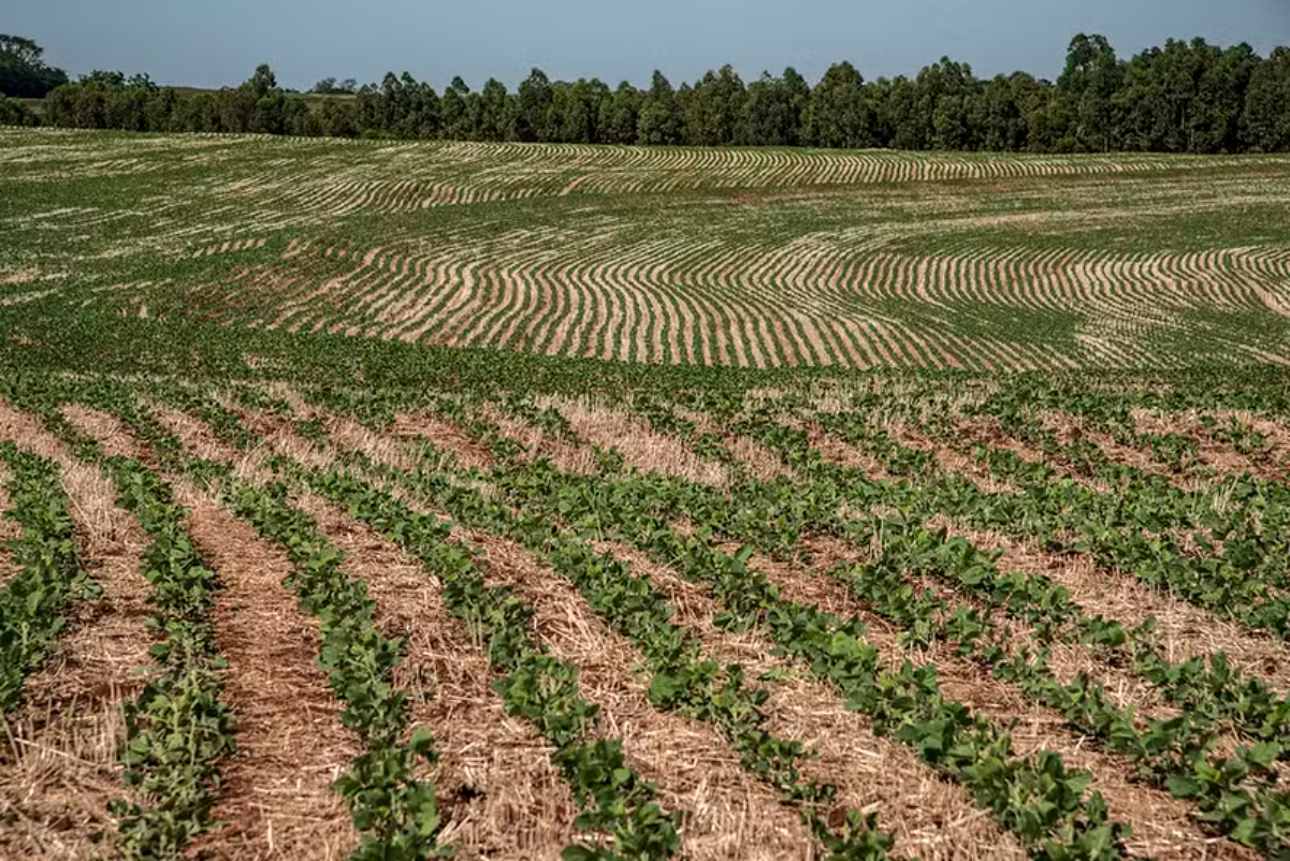Sugar Opens Higher, While Cotton Remains Stable
In the New York market, cocoa and coffee are classified as ‘volatile soft commodities’ that are attempting to stabilize but continue to fluctuate due to what the market refers to as “climate anxiety.” For arabica coffee, contracts expiring in December have depreciated slightly, falling by 0.12% on the morning of Wednesday, October 23.
Currently quoted at $2.4955 per pound, arabica futures are declining alongside robusta prices in London, a result of a combination of climatic factors and an increase in global exports.
In Brazil, the arrival of rains and the main flowering of crops provide relief to producers and cool the market. According to the morning assessment from Trading Economics, the increase in monitored stocks at ICE, which have reached their highest levels since 2023, is also putting downward pressure on prices.
The consultancy notes that coffee is experiencing its largest decline since the year’s peak of $2.75/lb, reached on September 26. “However, industry analysts warn that the anticipated rains may not be sufficient to fully alleviate concerns about the flowering of next year’s coffee harvest, which remains at risk due to prolonged drought conditions,” reported Trading Economics.
For cocoa, the decline is minimal at 0.01%, with December lots trading at $7,139 per ton. This scenario is linked to expectations of improved supply from producing countries like Côte d’Ivoire and Ghana, which are harvesting their main crops, alongside the recent stabilization of climate in these regions, easing concerns about production disruptions.
Conversely, sugar opened the session up by 2.72%, at 72.32 cents per pound, supported by ongoing concerns regarding production from major exporters like India and Thailand, which are facing climatic challenges.
Cotton remained stable, showing no significant fluctuations, reflecting the balance between supply and demand, despite a slight decrease of 0.22%, priced at 71.92 cents per pound.
Although some producing regions, such as the United States, have suffered from adverse weather, the market remains cautious, awaiting new data on global harvests and consumption.





